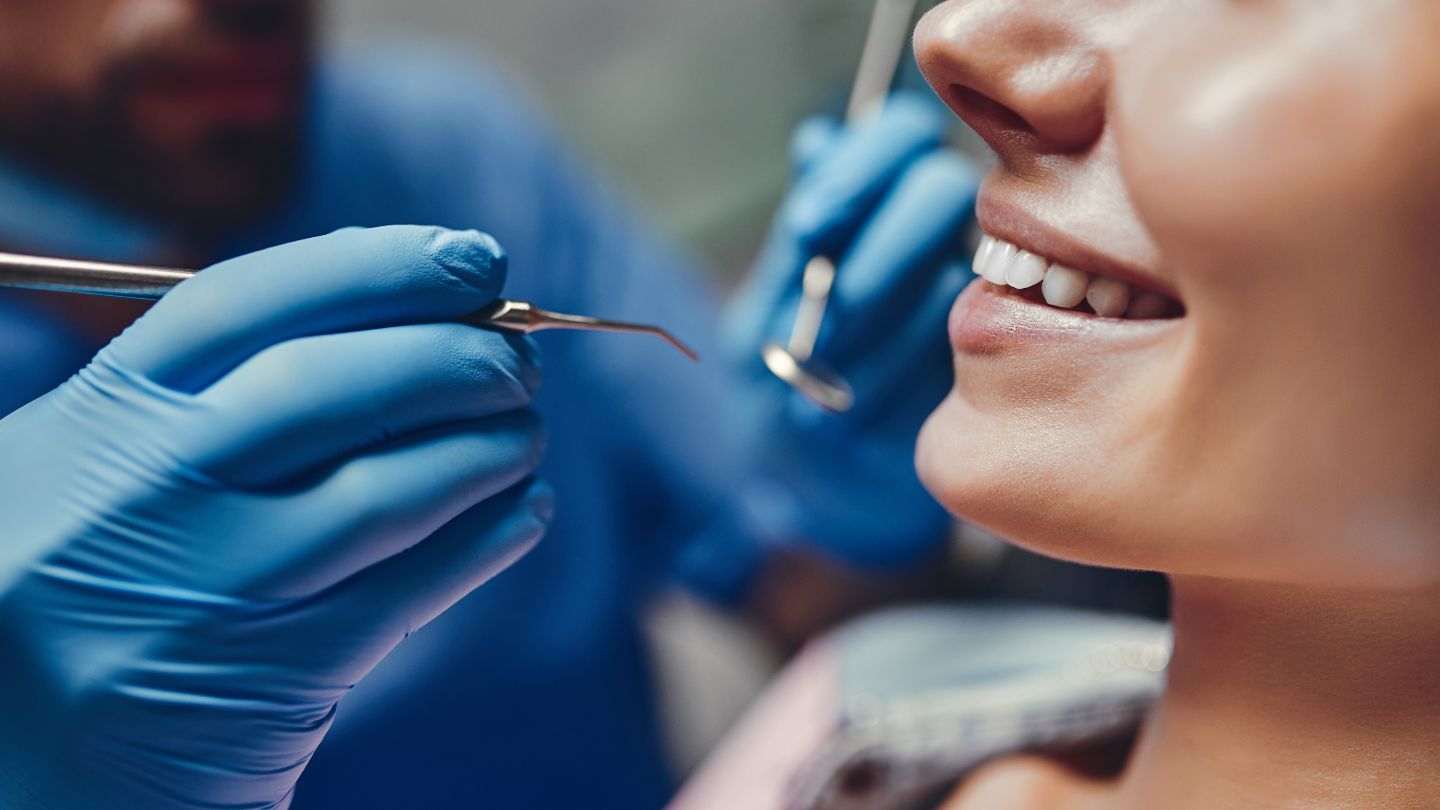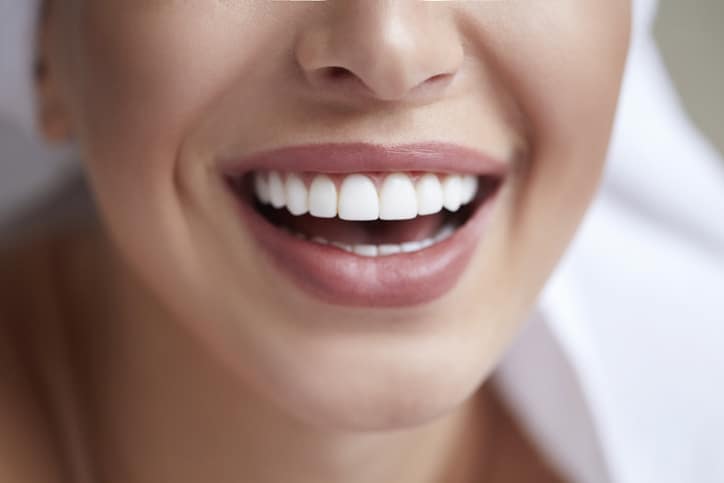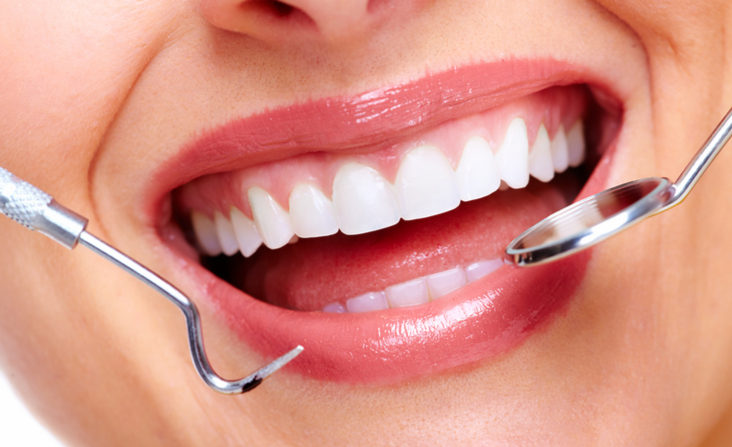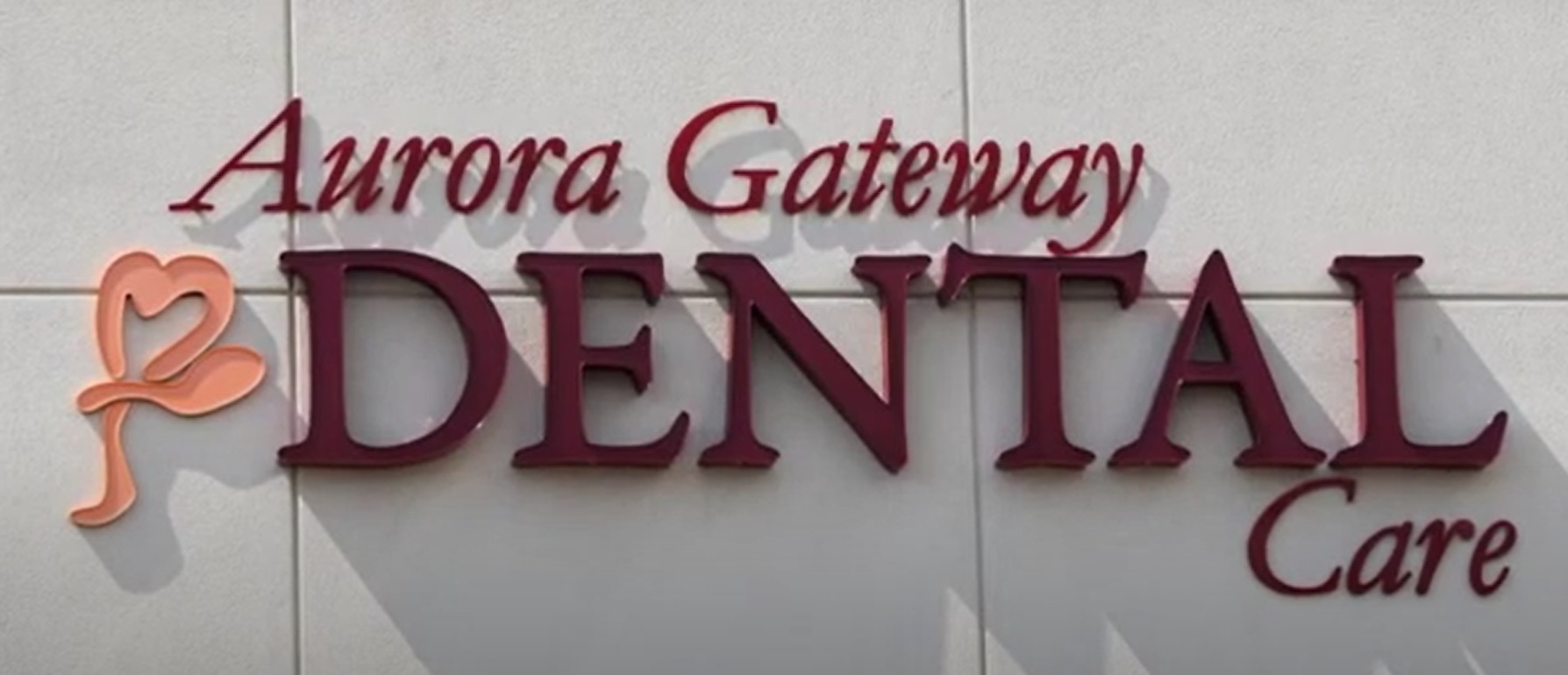Introduction
Early detection of oral cancer is crucial for improving treatment outcomes and survival rates. Recent advancements in technology have led to innovative methods for screening and detecting oral cancer at its earliest stages. In this article, we will explore some of the latest innovations in oral screening technology.
VELscope
VELscope is a handheld device that uses fluorescent light to detect abnormal tissue in the mouth. The device emits a blue light that causes normal tissue to fluoresce, while abnormal tissue appears dark. This technology can help dentists identify suspicious areas that may require further examination or biopsy.
Identafi
Identafi is another device that uses fluorescence technology to detect oral cancer. In addition to blue light, Identafi also uses white and green light to enhance the visualization of abnormal tissue. This multi-spectral approach improves the detection of early-stage oral cancer lesions.
OralCDx BrushTest
The OralCDx BrushTest is a non-invasive screening test that can detect oral cancer at its earliest stages. The test involves collecting cells from the surface of the mouth using a brush. These cells are then analyzed for any abnormal changes that may indicate cancer.

Salivary Biomarkers
Researchers are exploring the use of salivary biomarkers for the early detection of oral cancer. Certain proteins and genetic markers present in saliva can indicate the presence of oral cancer. Salivary biomarker tests are non-invasive and can be easily performed in a dental office.
The Future of Oral Cancer Screening: Emerging Technologies
As technology continues to advance, researchers are exploring new and innovative ways to improve oral cancer screening. One emerging technology is the use of artificial intelligence (AI) to analyze images of the oral cavity and identify potential abnormalities. AI algorithms can process large amounts of data and identify patterns that may indicate the presence of oral cancer, potentially improving the accuracy and efficiency of screening methods.
Also Read: The Secret of Perfect Oral Health with a Teeth Chart in Canada
The Role of Dentists in Early Detection
Dentists play a crucial role in the early detection of oral cancer. As frontline healthcare providers, dentists are often the first to identify suspicious lesions or abnormalities in the mouth. By staying informed about the latest screening technologies and guidelines, dentists can help improve outcomes for patients with oral cancer.
Conclusion
Advances in technology have revolutionized the field of oral screening, making it easier and more effective to detect the disease at its earliest stages. These innovative screening methods, such as VELscope, Identafi, OralCDx BrushTest, and salivary biomarkers, offer dentists powerful tools for detecting oral cancer early, when treatment is most effective. Regular screenings using these technologies can help improve outcomes for patients at risk of developing oral cancer.
FAQs
Q 1: Are these new screening technologies widely available?
While these new screening technologies are becoming more widely available, their availability may vary depending on the dental practice or healthcare facility. It’s best to check with your dentist or healthcare provider to see if these technologies are offered.

Q 2: Are these new screening technologies covered by insurance?
Coverage for these new screening technologies may vary depending on your insurance plan. Some plans may cover them as part of routine dental exams, while others may not. It’s recommended to check with your insurance provider to determine what is covered under your plan.
Q 3: How effective are these new screening technologies at detecting oral cancer?
Studies have shown that these new screening technologies, such as VELscope and Identafi, can improve the detection of oral cancer and precancerous lesions compared to traditional visual examinations alone. However, no screening test is 100% accurate, so it’s important to follow up with additional tests if an abnormality is detected.
Q 4: Who should consider using these new screening technologies?
These new screening technologies are especially beneficial for individuals at higher risk of developing oral cancer, such as tobacco users, heavy alcohol consumers, and those with a history of oral cancer. However, anyone concerned about their oral health can benefit from these advanced screening methods, as they offer a more thorough assessment of the oral tissues.
amir
Stay in the loop




